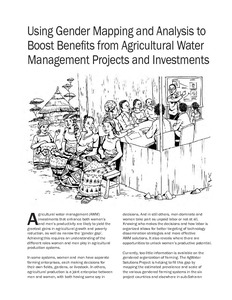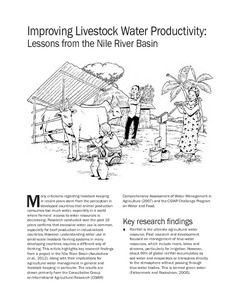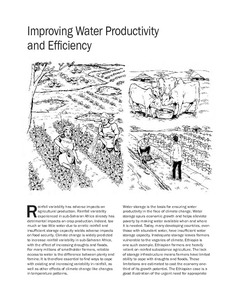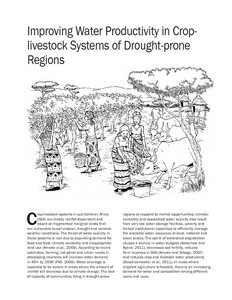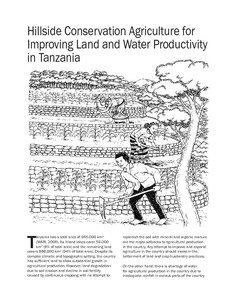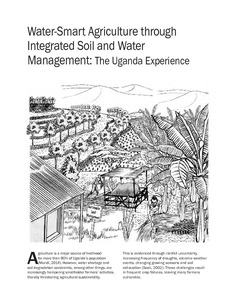Meta‐analysis of flow modeling performances—to build a matching system between catchment complexity and model types
Hydrological models play a significant role in modelling river flow for decision making support in water resource management. In the past decades, many researchers have made a great deal of efforts in calibrating and validating various models, with each study being focused on one or two models. As a result, there is a lack of comparative analysis on the performance of those models to guide hydrologists to choose appropriate models for the individual climate and physical conditions.



